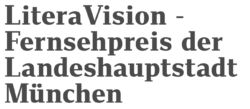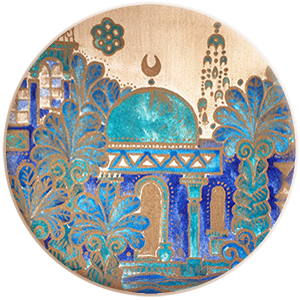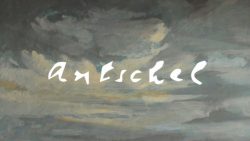
Judges’ Statement
Susanne Ayoub: „Antschel – A Film Essay about Paul Celan on his 100th Birthday“ (ORF -Austrian Broadcasting Corporation)
Written in a spiral notebook with a fountain pen: “This one thing remained attainable, nearby, and unlost amidst all that was lost: language.” Then comes a photograph of a shop window sullied with anti-Semitic diatribes. This is one of the more concrete images in Susanne Ayoub’s film “Antschel,” which is a personal film in two respects. On the one hand, there are the recurring lines from various texts by Paul Celan, which a hand writes on paper, followed by associative scenes: beech forests, the doorways and streets of Czernowitz and Sadagora, views of landscapes and cityscapes. These scenes are interpretations of Celan’s poetic images, visualizations in which Susanne Ayoub’s own views of the poet and his work are palpable. And then there is the second personal level that Celan’s longtime friend 93-year-old Klaus Demus brings to the film by acting as a guide. Whatever concreteness is lacking in Susanne Ayoub’s filmic images is made up for by Demus’s accounts: sitting in his apartment, he tells of his reverence for his friend, whose outsized emotional vulnerability led to a breach between the two men. He tells of Celan’s paranoia and his suicide in the Seine. Demus shows photographs, letters, and books, and at one point he says, “If you ask what it really means, you haven’t understood the poetry.” This is a pivotal statement that can be applied to Ayoub’s film itself. Whoever wants to know the precise meaning of these images, which show much but explain nothing, might feel put off. “Antschel” is an artistic documentary in which the filmmaker’s formal rigor places demands on viewers while also allowing them time and space to absorb the effects of Celan’s language and Klaus Demus’s stories. The result is a tightly composed, poetic film that leaves many questions open while inviting us as viewers to read Celan again, to rediscover him for ourselves.
Translation Geoffrey C. Howes

